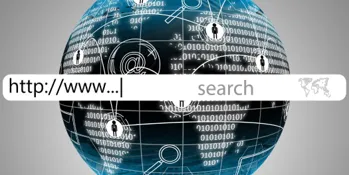
Unclaimed assets or cash are common. One out of nine Americans has unclaimed money waiting for them, and many are unaware of how to find money that rightfully belongs to them. But how do you find your unclaimed assets and cash?
What is Unclaimed Money?

If a business or financial institution owes you money that you never collected, it is considered unclaimed money or assets. This unclaimed money is often referred to as forgotten money, as many people are unaware of its existence.
You may be able to file for unclaimed money owed to you. You can also file for a deceased relative if you are the legal heir.
Who Holds Unclaimed Money?
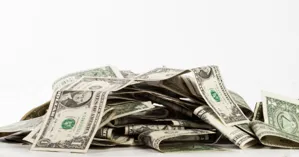
Most unclaimed money is held by state governments. Some of the sources for the unclaimed money are:
- bank or credit union accounts
- insurance policies (claims)
- state agencies
- former employers
- unclaimed utility deposit
- security deposits
Basically, anyone may have funds that are owed to you.
Companies turn over unclaimed funds to state treasury departments or commerce departments. This usually happens when there is no activity in the accounts for a period of time and the company cannot locate the owner.
Unclaimed Money and Assets with the Federal Government
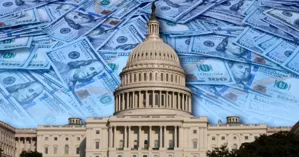
If you think a government agency has your assets or money, there is information you’ll need in order to claim it. That includes:
- what specific money, property or asset you want to claim
- date you expected to receive it
- how you expected to receive it
- which government agency has it
Various federal agencies are responsible for issuing and managing payments, and they can provide assistance in processing claims.
Each agency keeps its own records.
Unfortunately, there is no centralized source for unclaimed money or other assets. But there are databases you can search to find unclaimed money on a federal level. These include:
The Bureau of the Fiscal Service plays a crucial role in managing and issuing payments on behalf of these federal agencies.
Treasury Hunt: U.S. Securities and Undeliverable Payments
Treasury Hunt is an online tool for finding Treasury Securities or missing interest.
To inquire if there is money waiting, you enter information including:
- Social Security Number/Employee Identification Number
- first, middle or last name
- state
If the search finds securities that match your information, you'll be informed what to do next. The tool is updated monthly, so try again if nothing comes up and you feel you're owed something.
Credit Union Unclaimed Shares
The National Credit Union Administration (NCUA) regulates manages unclaimed deposits. Whether it be unclaimed monies or uncashed checks, the NCUA will hold monies for the claimant.
On rare occasions, when a credit union is liquidated, surplus funds may be distributed to the shareholders. However, it is sometimes difficult to find all the members. The funds are once again held until the proper owner is found.
U.S. Courts Unclaimed Funds in Bankruptcy
A federal court holds unclaimed funds in bankruptcy for someone who is entitled to the money but who has failed to claim ownership.
These funds may be claimed at any time by the owner or successor.
You can search the U.S. Bankruptcy Unclaimed Funds Locator to see if you are owed funds.
Research on the National Association of Unclaimed Property Administrators
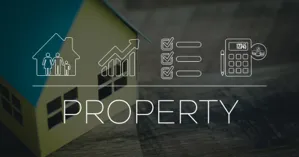
The National Association of Unclaimed Property Administrators is a legitimate website created by state officials. It helps people search for funds that may belong to you or your relatives. The site is free. Each state has programs dedicated to reuniting unclaimed property with its rightful owner.
Check Out State Government Websites
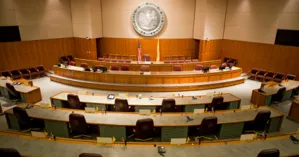
If you know the state where you might have left assets, that state can help. Go to the state treasury department or commerce website and look for unclaimed funds. Every state has one. It's important to search for unclaimed property across multiple states to maximize your chances of recovering lost money.
You’ll need the claimant’s full name, but most states have a rather simplified process. You can use free websites like MissingMoney.com to search multiple state databases efficiently.
Use Locator Services to Find Unclaimed Monies

Some companies will help you find unclaimed cash and assets. But these companies charge.
These services can also help you locate unclaimed tax refunds that you may have forgotten about.
Locator services use the Freedom of Information Act (FOIA) to find information on checks that government agencies issue but have not been cashed. If they can match a check to the list that they have received from the FOIA they will try to collect the money from that agency.
You pay them a finder’s fee.
Note that you can also do this without paying to have it done.
Conclusion
There's money to be claimed. It may take a couple of hours sitting at the computer, but it could be worth it if you find a windfall.



